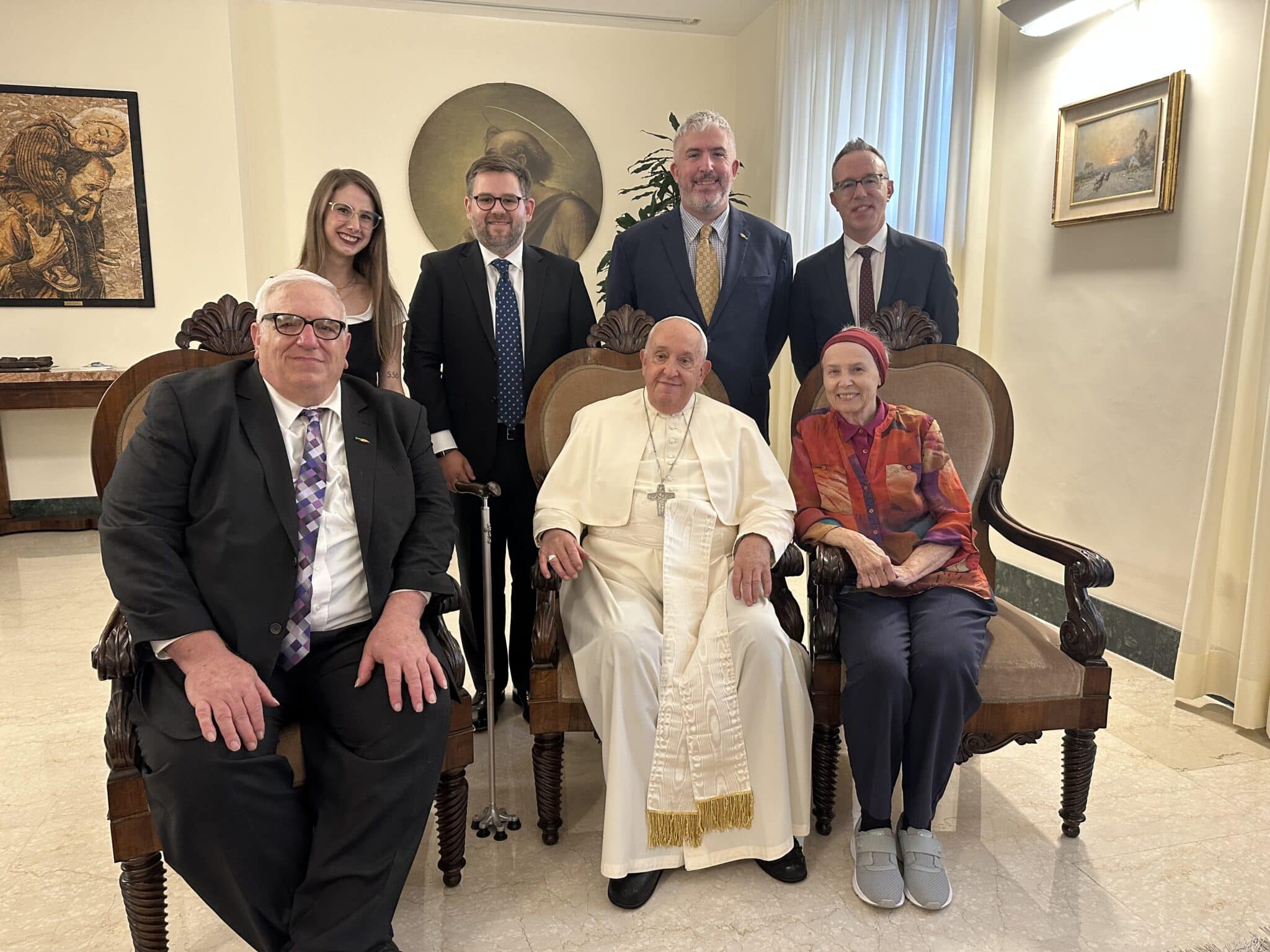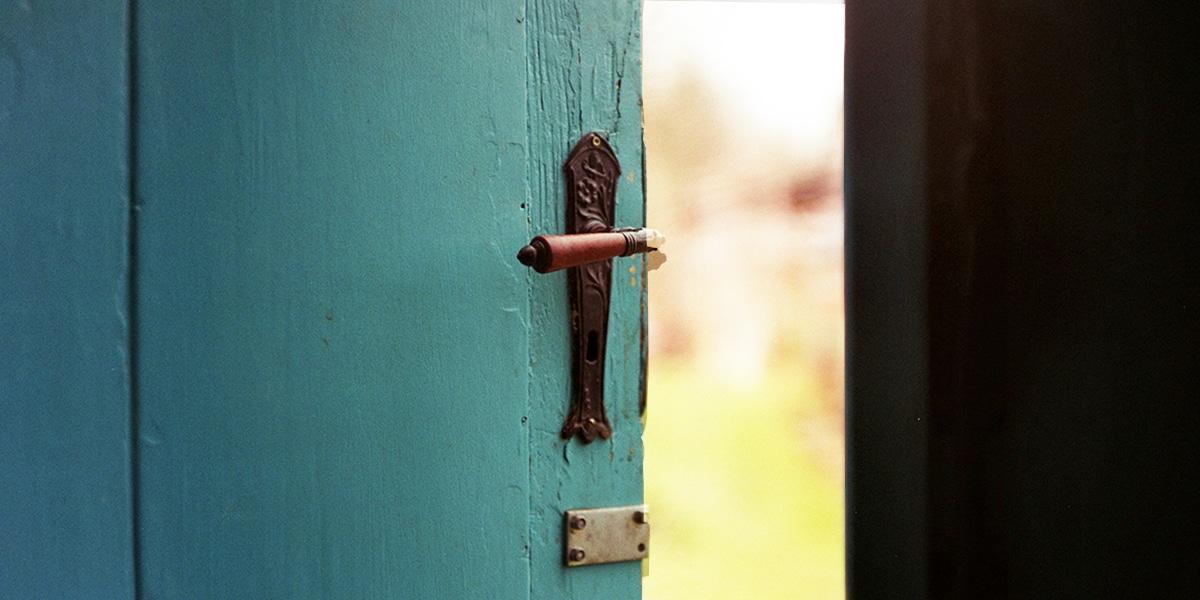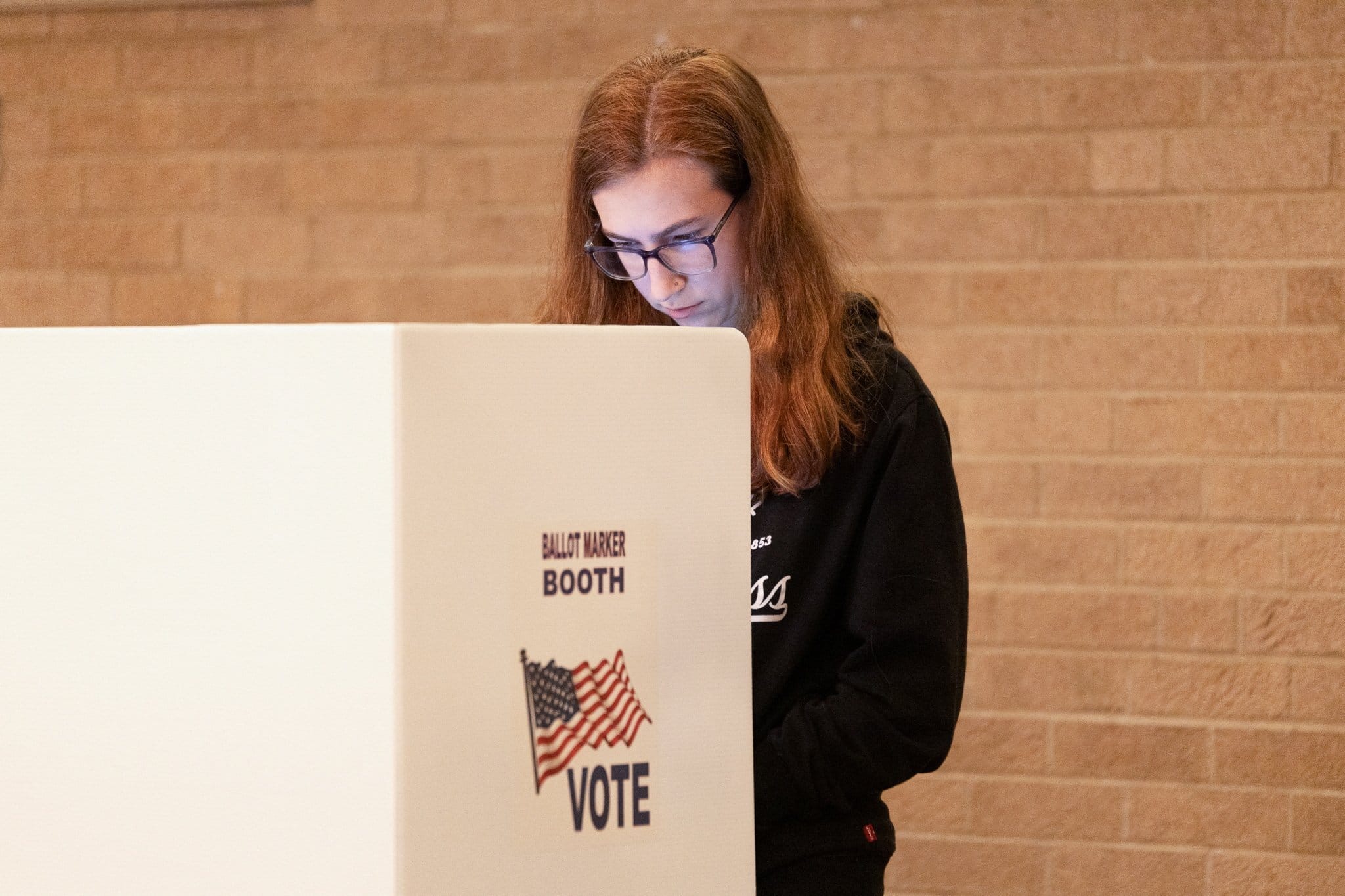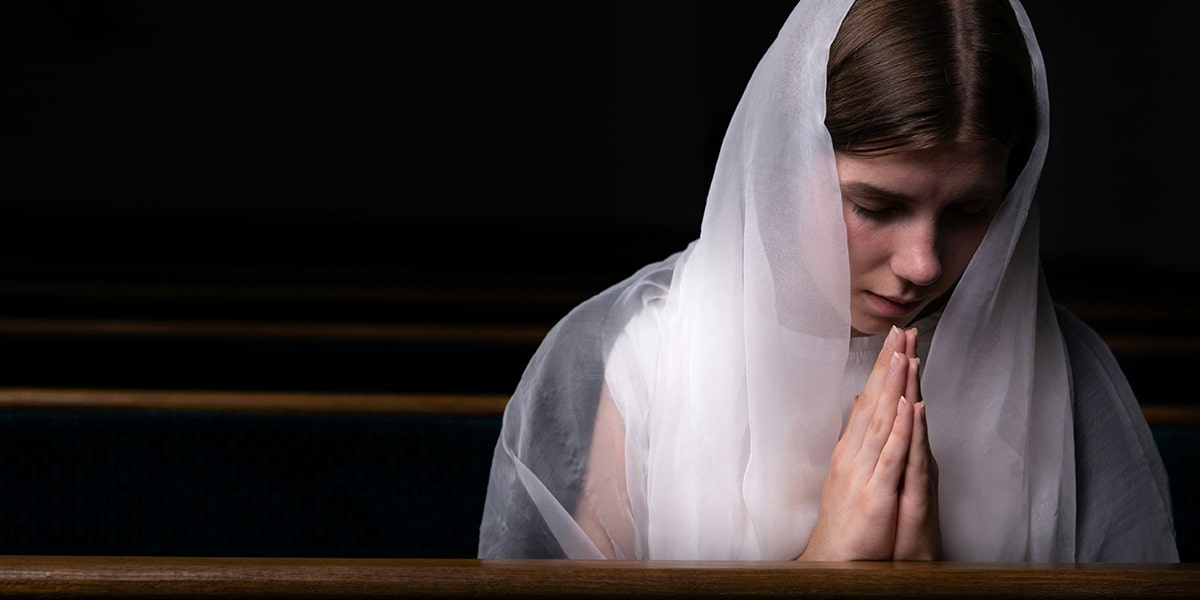This Franciscan Spirit blog series explores how study and theology impact the lived experience of faith. St. Francis of Assisi was known to caution his brothers from owning books, emphasizing lifestyle over the study of theology. He believed that while knowledge “puffs up,” charity “builds up.” Early in 1222, however, Francis granted permission to St. Anthony of Padua to teach theology. Wrote Francis to Anthony: “It pleases me that you should teach sacred theology to the brothers as long as–in the words of the rule–you ‘do not extinguish the spirit of prayer and devotion with study of this kind.’” This series explores this tension and potential. What does study and theology look like from a Franciscan perspective?
When I was young, Thanksgiving dinners were never held in anyone’s house. My grandmother and her sisters decided that no one’s Philadelphia row house was big enough for the entire clan. Smart women that they were, we always took over a restaurant for the meal.
Theology school was like that for me. A space apart from the usual spaces to be fed, to laugh, to argue, to hear from the oldest and the youngest. When I arrived at the Franciscan School of Theology (FST) as a mother of four, I could not have told you why I was there. As a recently professed Secular Franciscan, all I knew was I wanted more. To be the kind of wife/mother/human I hoped to be, I needed a crowd around me like I needed my family at Thanksgiving. Like I still need the communion of saints.
My entry into theological education was gradual. I told myself, “I’ll just take this one class on the writings of St. Francis and that will be enough.” It wasn’t. I found myself slipping back for another, then another, course.
It was a Thanksgiving feast I couldn’t quite leave—a feast with a young religious from Vietnam at one end of the table, a grandparent from the Midwest at the other end, and cooks like Bonaventure from Bagnoregio and Angela from Foligno serving up their special dishes.
Who wouldn’t want this?
And while I am working in a field that “uses my degree,” this is not a primary benefit of theological education for me. Here are some of the real gifts from my studies:
- Hope. Being able to take the long view of Church and society allows me to listen to others’ perspectives on fraught matters without feeling anxious. I now understand we’ve been here (or somewhere similar) before.
- Gratitude. When I hear a reading at Mass or a saint’s story that moves me, I can pause to thank those who made it their life’s work to discover, translate, preserve, and share these treasures. Without theologians, I know I’d have no scripture or tradition.
- Humility. You know that “if necessary, use words” thing attributed to Francis of Assisi? He never said it. While he is known for his demonstrative preaching, Francis actually venerated the written word. He also expressed deep respect for theologians. It seems his real concern was the pride and potential misuse of power that can accompany education.
This last gift—humility—is why Franciscan students and teachers remember Francis’ directive to Anthony of Padua. We are not to “extinguish the Spirit of prayer and devotion” with our studies. What a flavorless feast theology school would be without that Spirit!
“This last gift—humility—is why Franciscan students and teachers remember Francis’ directive to Anthony of Padua. We are not to “extinguish the Spirit of prayer and devotion” with our studies. What a flavorless feast theology school would be without that Spirit!”
At this point I must say I do not know what diocesan theological education is like, or what it feels like to study in the Thomist tradition. I am certain they and other approaches have a variety of delicious offerings. Yet I also know that what changed my own life and made me (I pray) a better person was the nourishment I received at FST. The hope, gratitude, and humility that were modeled for me throughout a serious course of study made the work bearable. The encounters with significant and holy thinkers, whether living or long dead, left me with a hunger for learning that remains with me to this day.
Now I come to another realization about the meaning and potential of Franciscan theological education. For all that I cannot help comparing the experience to a shared meal, and I continue to honor the conviviality of eating and praying together, I have come to understand that geographical proximity is not necessary to this feast. And why would that surprise me? Were not Saints Paul, Francis, and Clare all willing and able to nurture others across great distances? Among Christians, distance learning is nothing new! So, fifteen years after I graduated from the Franciscan School in Berkeley, California (now located in San Diego), I find myself back in my native Philadelphia and an online instructor for the school. It turns out that itinerancy need not preclude serious study. A perfectly acceptable Franciscan theological meal can fit in a knapsack. Or a laptop.
Please pass the Scotus this way.








